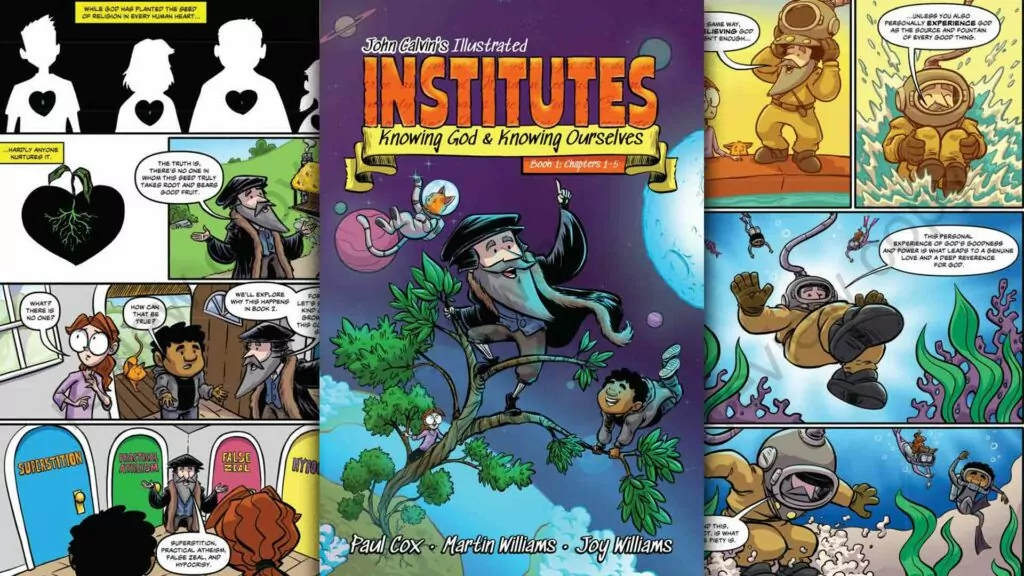Explanations often lead to monologues, especially with teenagers. This is not a helpful communication pattern. The goal for good, biblical communication with teenagers is the combination of questions that lead to dialogue. But these questions must come from a genuine interest in your teenagers for who they are, not for what you want them to be.
Who would you go to?
In this context, let me ask you a question. When you need help with a problem, do you look for answers from any random person? The answer is obvious. You ask the people whom you trust and respect, someone who will really listen to you. Let me take this one additional step.
Suppose a friend from church calls and asks you for advice on some relational issue. You are thrilled because you have wanted to talk to her about this very problem. You immediately launch into your explanation about her problem. You tell her that she must not have been listening to the sermons because the pastor just spoke on that very issue. You go on to say that if she were not always late to church she might be in better shape to actually listen to the sermon. You suggest several books for her to read and you finish by telling her you hope you have been helpful. Over time you wonder why she has never called back for more “help.”
This example illustrates the danger warned about in Proverbs 18:2; “a fool delights in airing his own opinions.”
Listen, don’t lecture
The active, aggressive listener of Proverbs 18:15 – “the ear of the wise seeks knowledge” – will recognize the types of questions that are asked…and the questions that are not asked. If your teenagers are primarily asking logistical questions, such as “Can I have the car?” or “When is dinner?” this should alert you that the important questions are going to someone else. Your goal is to have your kids ask you about the hard things in life. But like you, your older children and teenagers will reserve those questions for the people whom they respect and trust, for the people who will carefully listen.
Monologues do not build relationships, only frustrations.
You goal is to create a relational climate in which your teenagers want to come to you. Listen carefully to your children and observe the things that they struggle with. Take an interest in the things they are interested in. Ask them genuine questions about their interests. Patience is key here. If you have not been a good listener, you can become one. Even if you do, it may take time for teenagers to begin to seek you out. Pursue your teenagers not so much for what they have done, but for who they are – your children given to you by God.
Delight in your teenagers for who they are, your children. If God can delight in you and in me, with all of our issues, then we can delight in the children he has given to us.
Being an aggressive listener will lead you to questions and then to dialogues. This is a good thing, for both you and your teenager!
Jay Younts is the author of Everyday Talk: Talking freely and Naturally about God with Your Children and Everyday Talk about Sex & Marriage. He blogs at ShepherdPress.com, where this article (reprinted with permission) first appeared.











